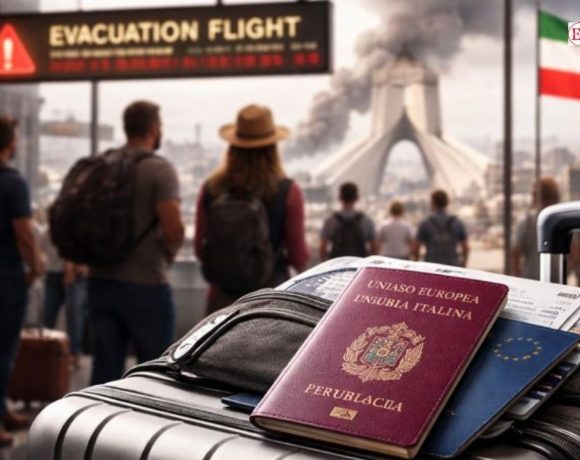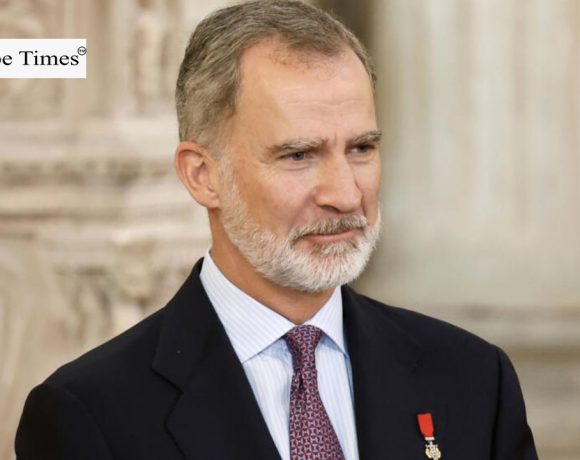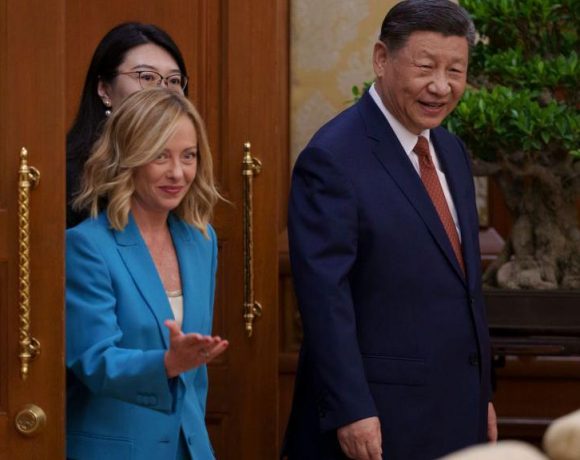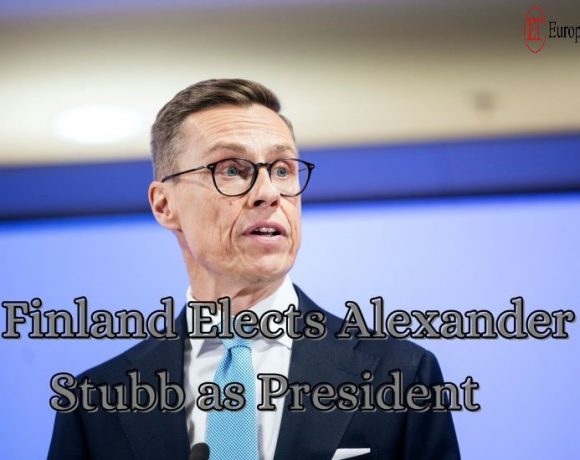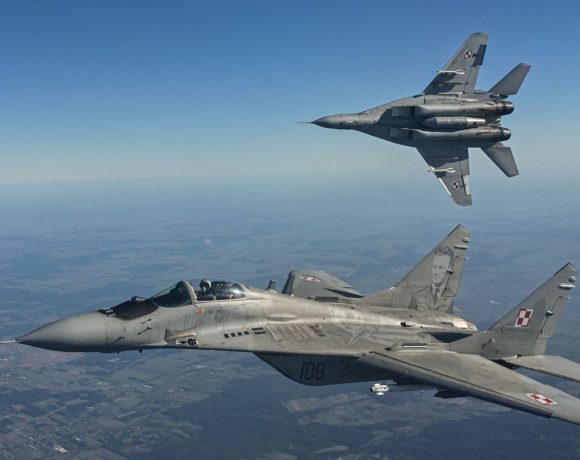
Tensions between Washington and Paris have intensified after Charles Kushner, U.S. President Donald Trump’s envoy to France, twice failed to appear when summoned by the French foreign ministry. Kushner, who arrived in Paris last summer, has drawn criticism for bypassing traditional diplomatic norms, including publishing an open letter accusing France of not doing enough to combat antisemitism. His remarks were publicly rebuked by Emmanuel Macron, who called them unacceptable for a diplomat.
The latest friction followed the embassy’s reposting of U.S. State Department comments regarding the killing of a French far-right activist, prompting another summons that Kushner did not attend. French officials signaled he could be temporarily barred from meetings with government representatives. However, Kushner later held what both sides described as a frank and amicable call with Foreign Minister Jean-Noël Barrot, agreeing to meet in the coming days and reaffirming cooperation as the two nations mark 250 years of diplomatic relations.
Kushner’s tenure reflects a broader pattern of Trump-appointed ambassadors stirring debate across Europe. A real estate executive with no prior diplomatic experience, he has prioritized concerns about antisemitism, which surged in France after the 2023 Gaza conflict. While critics view his approach as confrontational and dismissive of diplomatic protocol, supporters argue his close ties to Trump give him influence and urgency. Observers say the episode underscores deeper strains in U.S.-France relations over trade, regulation and sovereignty issues.
Pic courtesy: google/ images are subject to copyright

